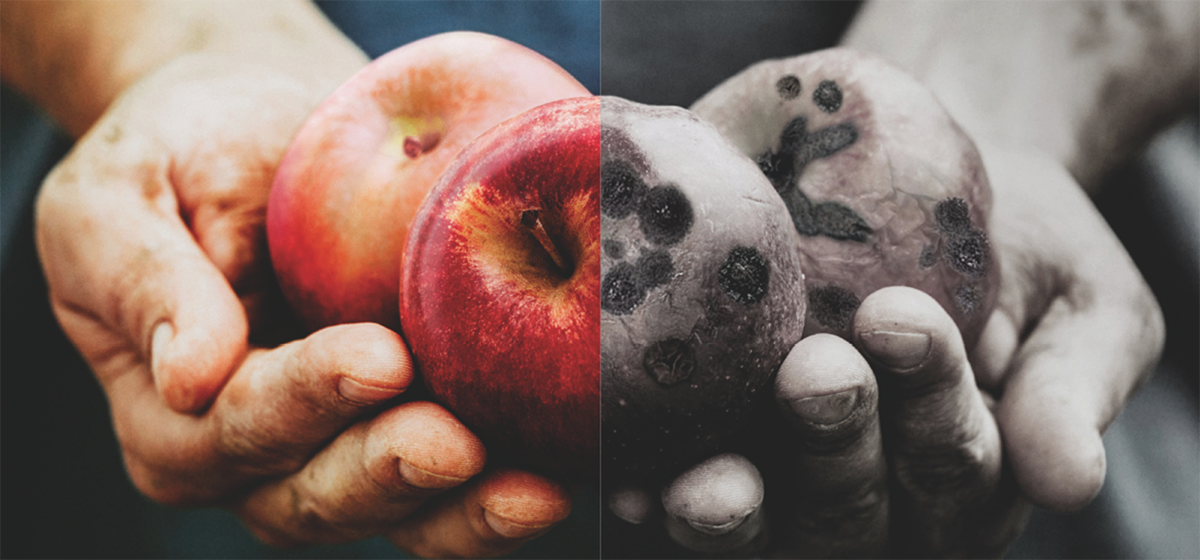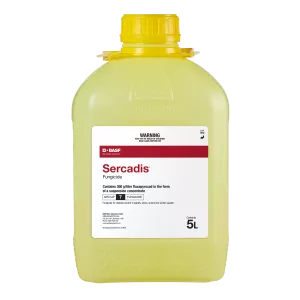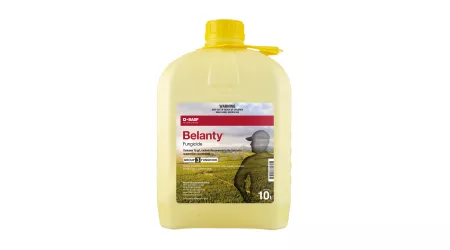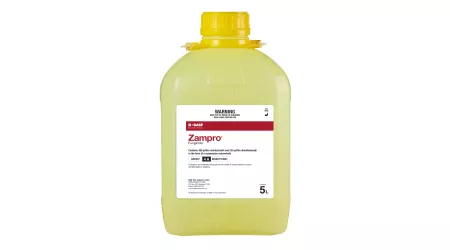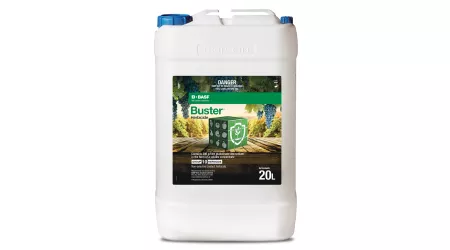Key benefits
- Effective control with less active ingredient per hectare than other products
- Versatile and suitable for flexible application timing
- Can be used both pre and post-flowering in apples and pears
- Rainfast once dried on a crop
- Compatible with IMC programmes based on Typhlodromus pyri
How it works
Sercadis® is a Group 7 SDHI (Succinate Dehydrogenase inhibitors) novel carboxamide fungicide. It is locally systemic and translaminar to provide protection for new growth.
Sercadis blocks the fungal respiratory chain with outstanding activity. This is one of the key factors contributing to its versatility and suitability for flexibly timing applications. Innovative pyrazole-binding technology enables Sercadis to effectively block Complex II.
Sercadis is rainfast once dried on the crop. Cover sprays should be replaced after 50 mm of rainfall or after three or more consecutive days of significant rainfall.
Questions and Answers from the Field
-
What diseases does Sercadis control?
- Black spot (scab) on apples and pears
- Powdery mildew on apples and squash
- White rot in onions
-
What other products is Sercadis compatible with for apples?
With most commonly used fungicides, insecticides, and with the plant growth regulator Regalis® Xtra on apples.
-
When should Sercadis be applied to onions?
Start onion white rot programme when flag is out OR at 100 - 150 WRDD (white rot degree days). Sercadis should be applied during or just before rain (helping carry the fungicide to the root zone)
-
When should Sercadis be applied to winter squash?
Apply once plants start to run or when powdery mildew infection is seen. Alternate with an effective fungicide that has a different mode of action. 14 - 21 day interval (depending on disease severity).
-
When can fields treated with Sercadis be grazed?
Do not allow stock to graze within treated fields and orchards until after harvest.
-
What fungicide can I spray on black spot (apple scab) on pears?
Sercadis fungicide from BASF is an excellent solution for treating black spot on pears. Sercadis has quickly established itself as key protectant treatment for black spot in pipfruit such as pears, with its outstanding levels of disease control and application timing flexibility.
-
What fungicide can I spray for powdery mildew?
A top-choice fungicide that can be sprayed to control powdery mildew in apples and winter squash is BASF’s Sercadis. Sercadis uses innovative pyrazole-binding technology at the site of action, effectively treating powdery mildew with less active ingredient per hectare than competitor products.
-
How do you treat fungus on squash plants?
To treat fungus such as powdery mildew on winter squash, apply BASF’s Sercadis once plants start to run and prior to the onset of powdery mildew. Apply Sercadis in strict alternation with an effective fungicide from a different mode-of-action group for top-level protection.
-
How do you treat white rot fungus in onions?
BASF’s Sercadis provides outstanding protection against white rot in onions. Starting the treatment program when the flag is out or at 100-150 WRDD (white rot degree days), Sercadis should be applied during or just before rain to help carry the fungicide to the root zone.
-
What is Sercadis used for?
Sercadis is a Group 7 fungicide by BASF. Fluxapyroxad is the active ingredient. It offers effective disease control in apples, pears, onions, and winter squash, and is increasingly recognised as a top fungicide for controlling black spot in pipfruit, white rot in onions, and powdery mildew in winter squash. BASF’s Sercadis is known for its outstanding
levels of disease control and flexibility in application timing.
